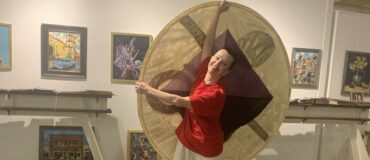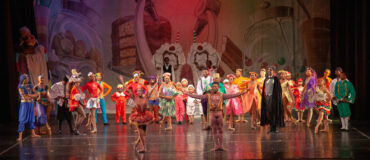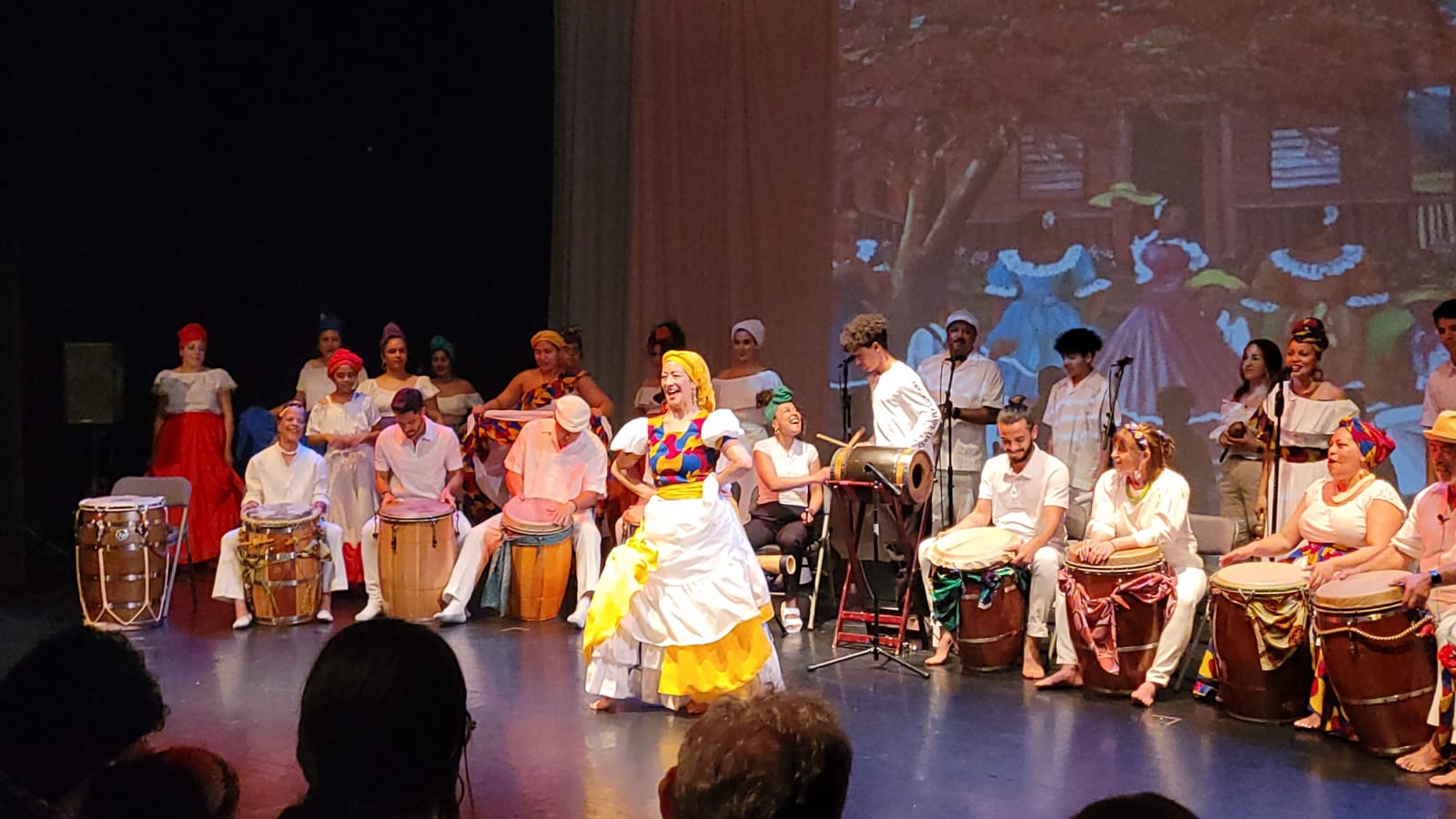By Lacy Molina-Lyon
Lacy Molina-Lyon is a 2024 Archiving and Preservation Fellow with Cashion Cutural Legacy. Read more about the Fellowships here. This is the first part of Lacy’s blog.
“Where do we begin?”
As a doctoral candidate, it is no surprise that I am always up for a challenge and am equipped with problem solving skills. However, my first few weeks as a Dance/USA Archiving & Preservation Fellow with Cashion Cultural Legacy proved to me the variance of archiving and one of the most compelling components of life – we are all different.
Eager to begin, I promptly met with the Cashion team to learn about their archiving needs and priorities. I quickly learned that Cashion Cultural Legacy values many things, but the most important is authenticity. The organization seeks to stay true to their vision – universal recognition and appreciation of the Mexican folklorico genre. Additionally, their mission to “sustain the preservation, presentation, and education of Mexican folk culture through dance” is paramount to their operations.
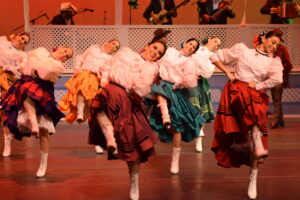
2019 Gala. “Nuevo León.” Choreographed by Jaime Guerrero Hernández. Mexican Heritage Plaza Theater in San José. Photography by Juan Ocampo.
I also found that the Cashion team share common principles – their love for remembrance, authenticity, and longevity of their cultural records. Although these principles are realized in their creative work, putting them into practice in the archives was more difficult. With my formal knowledge and understanding of “standard” archival practice, I discovered that the Cashion project would not be as “standardized” as I have learned in my studies. This left me with the painstaking question of “where do we begin?”
This lingering question guided us day by day as together, we sought to answer the overarching question – what is our goal through this Fellowship? After many discussions it became clear. Our goal is to organize Cashion’s creative works for research use among staff members to plan future performances. To do so, Cashion’s Artistic Director and Assistant Artistic Director began organizing their digital records pertaining to the organization’s creative works in the past five years. In library work, this is important for organizing records to easily find later, something the organization desperately desires. During this time, I also met with my mentor Angel Diaz, Curator of the California Ethnic & Multicultural Archives at UC Santa Barbara, who confirmed that I was asking the right questions and encouraged me to continue to pinpoint Cashion’s user needs (i.e. the staff members’ needs).
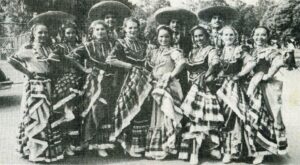
1983 Low Rider Magazine. Jalisco. Unknown photographer. Los Lupeños performed at over 100 events every year and in this case dancers, dressed in Jalisco costumes, were captured after a performance by a photographer from Low Rider Magazine.
As I listened and learned from the Cashion team about their needs, the direction of the Fellowship began to shape organically. Cashion’s vision for their archives is ambitious. Due to our limited time together, it is important that I am selective and guide the Cashion team to sustainable processes that are sound and replicable. I decided that the first step would be to formalize naming conventions and go through their digital records to see what they have. This task was met with challenges such as file security and access settings, interoperability of files, and duplicates of records. However, by getting started, it showed all of us just how beautiful and unique cultural heritage organizations and their records are.
So, I challenge you all – when faced with the question, “where do we begin?” the answer is simply to begin. Perhaps a paradox, it is nevertheless true that the best way to make progress is to begin. And always remember the knowledge of folks within the organization. They’re a treasure trove of information. Chat with them, and it is like opening Pandora’s Box to context and stories about their archives.
Header image: “1976 Mextizol – Prehispanic.” Unknown photographer. Mextizol was the creation of Los Lupeños co-founders Susan Cashion and Ramón Morones. This “choreodrama” which told the story of the mestizo culture debuted in the mid-1970s and toured in a number of iterations in the southwestern states.
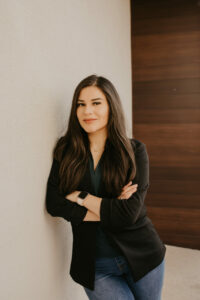
Image description: A woman with dark long hair crossing her arms, leaning against a wall, and smiling slightly.
Lacy Molina-Lyon is a doctoral student and research assistant at the College of Information at the University of North Texas. Her research examines information organization in archival records and ethical metadata. Lacy holds a bachelor’s degree in political science and a master’s degree in history. Her love for research, archives, history, and libraries motivated her to pursue a doctorate. Under the direction of Dr. Oksana Zavalina, Lacy is working on her dissertation which seeks to understand applied ethical themes within community oral histories records. As a first-generation college student, Lacy is determined to show other Latinas that it is possible for them to earn advanced graduate degrees. Lacy is also a certified 7th-12th grade English, Language Arts, and Reading teacher and School Librarian in the state of Texas. She is a proud supporter of galleries, libraries, archives, and museums.
Photo credit: Esther Mary Photography
____
We accept submissions on topics relevant to the field: advocacy, artistic issues, arts policy, community building, development, employment, engagement, touring, and other topics that deal with the business of dance. We cannot publish criticism, single-company season announcements, and single-company or single artist profiles. Additionally, we welcome feedback on articles. If you have a topic that you would like to see addressed or feedback, please contact communications@danceusa.org.
Disclaimer: Opinions expressed in guest posts do not necessarily represent the viewpoints of Dance/USA.


